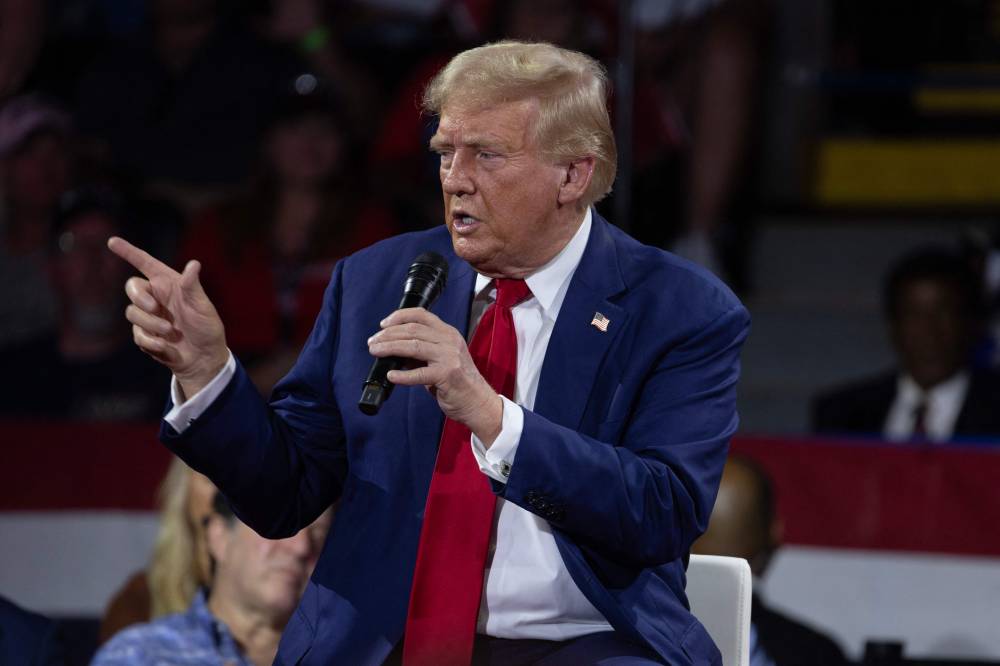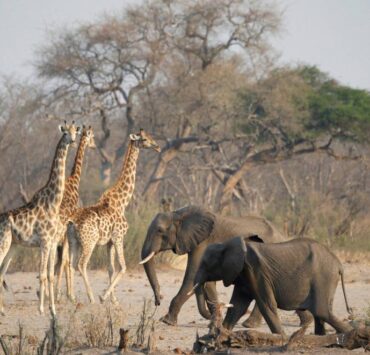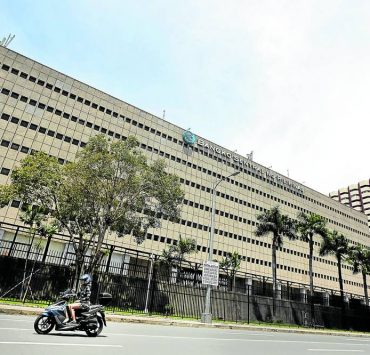Secret Service strains seen in Trump assassination try

WASHINGTON — Two months after Donald Trump narrowly survived an assassination attempt, a gunman hid undetected for nearly 12 hours on the edge of the golf course where Trump played on Sunday under the protection of an agency that is being pushed to its limits.
As the 2024 presidential election enters its final stretch, the US Secret Service is operating with about 400 fewer employees than Congress has authorized, government records show.
The problem is not likely to be fixed before the Nov. 5 election, as the agency typically takes more than 200 days to fill open positions.
Since President Joe Biden ended his re-election bid in July and Vice President Kamala Harris took over as the Democratic presidential candidate in a tight race against the Republican Trump, the Secret Service has had to expand its protective coverage to a wider group of officials.
Mounting pressure
That has placed unprecedented strains on the agency, according to interviews with three former Secret Service agents and a former head of the department that oversees it.
“The pace, the expectations, the pressure has never been worse than it is right now,” Kenneth Valentine, a former agent, said in a phone interview.
Trump’s desire to golf, in private, at one of his Florida clubs on Sunday also meant that agents did not perform the sort of routine site survey that might have led them to find the alleged gunman before Trump came within a few hundred yards of where the man had holed up for hours, with food, near the fifth hole of the Trump International golf course.

Personnel shortage
Acting Secret Service Director Ronald Rowe — who stepped into his role in July when the agency’s former leader resigned after Trump narrowly survived the first assassination attempt — says his agents are already working at high levels of stress.
“We are redlining them,” Rowe said at a news conference on Monday.
Democrats and Republicans in Congress say they could sign off on additional funding in the coming weeks. But that will do little in the short term to fix a personnel shortage that forces agents to work long hours in pressure-filled situations.
The risk of failure was made clear on July 13, when a gunman fired six shots from atop a building at a Trump rally in Pennsylvania, killing a rallygoer and grazing the Republican candidate’s ear.
Secret Service agents quickly hustled Trump to safety and killed the gunman, but agency leaders acknowledge he should have never been able to fire shots in the first place.
‘Ashamed’
Rowe told lawmakers on July 30 that he was “ashamed” of security lapses in the incident.
On Sunday, a Secret Service agent spotted the suspected gunman at the Florida golf course, glimpsing the muzzle of his AK-47-style rifle. The agent opened fire, driving him away before he had a direct line of sight to Trump or could fire a shot.
The suspect, Ryan Routh, was apprehended shortly after.
Still, security experts question why the agency did not find him sooner.
“How was Routh not spotted by an advance team? Did the (Secret Service) use a drone over the golf course? Dogs? If not, why not?” said Lora Ries, who oversaw the Secret Service as a top official at the US Department of Homeland Security during Trump’s administration.
Reuters, the news and media division of Thomson Reuters, is the world’s largest multimedia news provider, reaching billions of people worldwide every day. Reuters provides business, financial, national and international news to professionals via desktop terminals, the world's media organizations, industry events and directly to consumers.

















